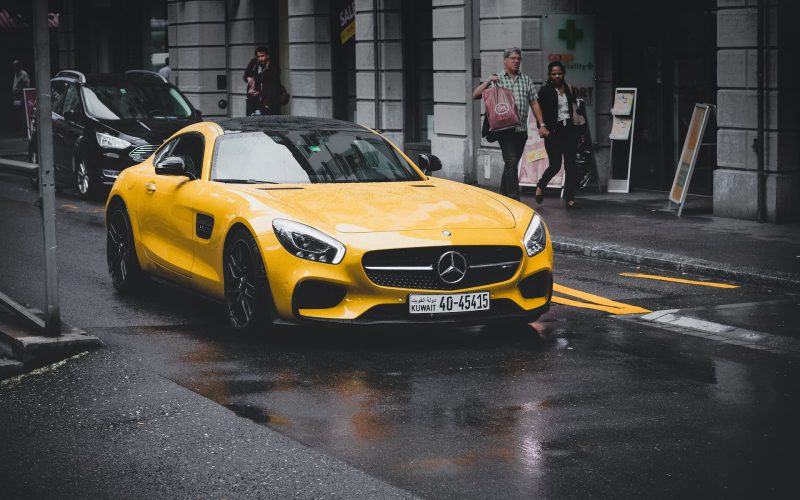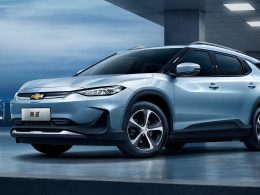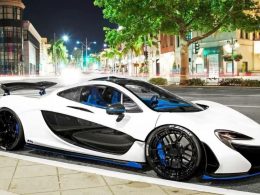Mercedes-Benz, the luxury vehicle division of German automaker Daimler AG, has managed to weather the economic downturn caused by the COVID-19 pandemic thanks to a strong order book for its luxury cars.
While many automakers have seen a significant decline in sales due to the pandemic, Mercedes has been able to maintain strong demand for its vehicles, particularly in China and the United States. In fact, the company’s sales in China have been so strong that it has become the largest market for Mercedes-Benz cars, surpassing even Germany.
According to the company’s third-quarter 2020 financial results, Mercedes’ global unit sales of cars and commercial vehicles amounted to 626,675 units, down only 1.5% compared to the same period in 2019. The company’s revenues for the quarter amounted to €40.3 billion, a decrease of 7.7% compared to the previous year.
Mercedes’ performance is all the more impressive given the challenges faced by the automotive industry as a whole. Global car sales are expected to decline by 15% in 2020, according to the International Energy Agency, with many automakers seeing sales drop by more than 20%.
The key to Mercedes’ success has been its ability to maintain demand for its luxury cars, which have proven to be more resilient in the face of economic uncertainty. The company’s flagship S-Class sedan, for example, has continued to sell well despite the growing popularity of electric vehicles.
Mercedes has also been able to capitalize on the growing demand for SUVs, with models like the GLC and GLE proving to be popular among consumers. In fact, SUVs accounted for more than 50% of the company’s sales in 2020, according to a report by IHS Markit.
Another factor contributing to Mercedes’ success has been its ability to adapt to changing consumer preferences. In recent years, the company has invested heavily in developing electric and hybrid vehicles, as well as autonomous driving technology.
Mercedes’ EQC electric SUV, for example, has been well-received by consumers and has helped the company to position itself as a leader in the electric vehicle market. The company has also made significant progress in developing autonomous driving technology, with plans to launch a fully autonomous vehicle by 2024.
Despite these successes, however, Mercedes still faces significant challenges in the years ahead. The global automotive industry is undergoing a period of unprecedented transformation, with the rise of electric vehicles, the shift towards autonomous driving, and the ongoing impact of the COVID-19 pandemic all contributing to a period of uncertainty.
Mercedes will need to continue to innovate and adapt to changing market conditions if it is to maintain its position as a leader in the luxury vehicle market. But for now, the company’s strong order book is a testament to the enduring appeal of its cars, even in the face of economic turmoil.












